Are Your Flexible Cables Up to Industry Durability and Safety Standards?
 Jan 10,2023
Jan 10,2023

 Red Banner Electrician
Red Banner Electrician

Introduction:
In the realm of electrical components, flexible cables play a pivotal role. But, how often do we pause to consider whether these cables meet the stringent industry standards for durability and safety? From UL to CSA to RoHS compliance, ensuring your cables are up to par is not just a matter of regulatory compliance but also of securing trust and safety for your customers.
The Problem with Non-Compliant Flexible Cables
Every year, numerous incidents are reported due to subpar flexible cables. These cables, which do not meet industry standards, can pose serious risks including fires, equipment malfunctions, and even personal injuries. The lack of compliance with standards such as UL, CSA, or RoHS means that the cables haven't undergone rigorous testing to ensure they can withstand the demands of modern applications.
The Importance of Ensuring Compliance
Ensuring that your flexible cables are compliant with industry standards isn't merely a box to check. It's about guaranteeing that the products you offer are reliable, durable, and above all, safe. Non-compliant cables can lead to significant financial losses due to damage to equipment, legal liabilities, and tarnishing of brand reputation. Moreover, standards like RoHS ensure that the products are environmentally friendly, safeguarding the planet while offering top-notch performance.
Suggestions for Ensuring Your Cables Meet the Standards
1. Regular Testing: Periodically test your flexible cables for compliance with industry standards.
2. Choose Reputable Suppliers: Always source your cables from suppliers known for their adherence to industry standards.
3. Stay Updated: Industry standards evolve. Keep abreast of the latest changes to ensure continuous compliance.
Summary:
In conclusion, ensuring that your flexible cables meet industry standards is paramount for the safety of your consumers and the reputation of your brand. By understanding the risks of non-compliance, recognizing the importance of adhering to standards, and implementing measures to ensure continuous compliance, businesses can guarantee both safety and success in the market.


 HOME
HOME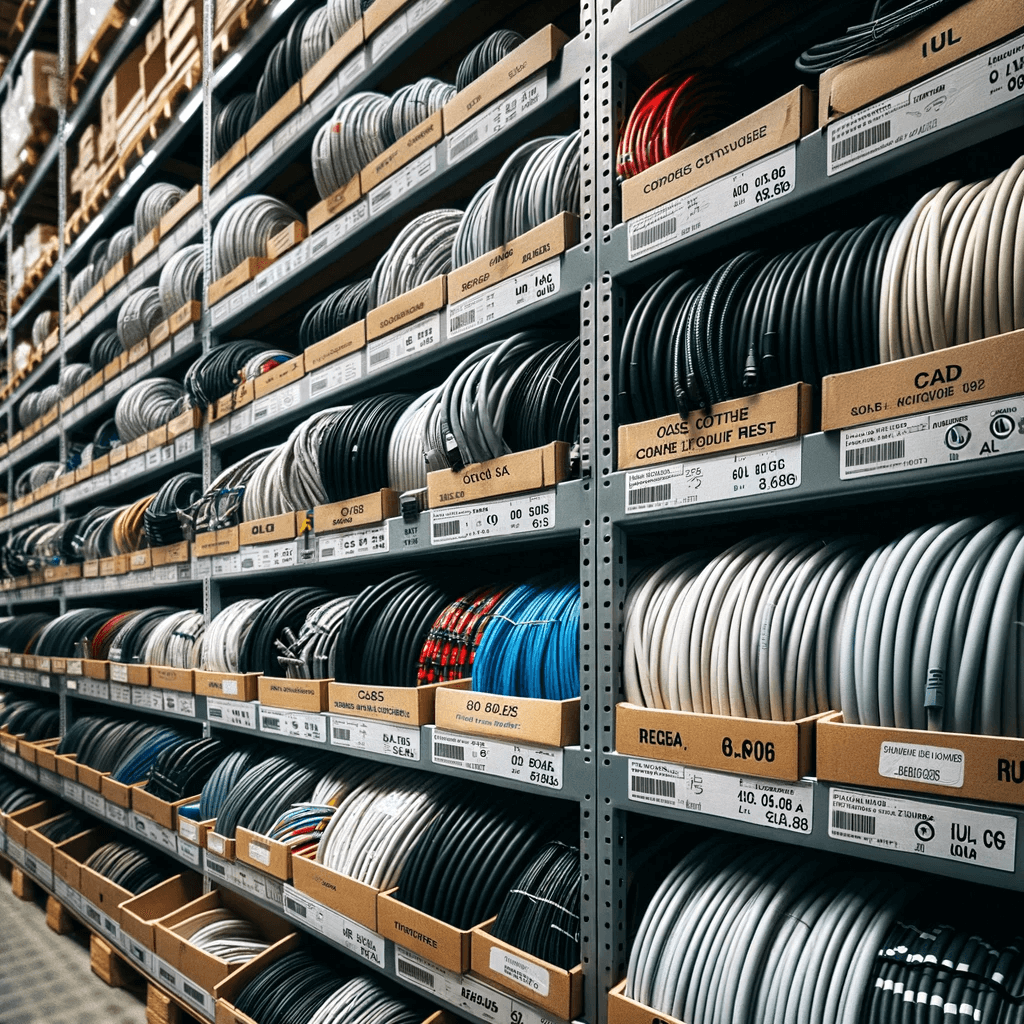
 The Power of Shielded Flexible Cables in Industrial Settings: A Must-Have!
The Power of Shielded Flexible Cables in Industrial Settings: A Must-Have!  You May Also Like
You May Also Like
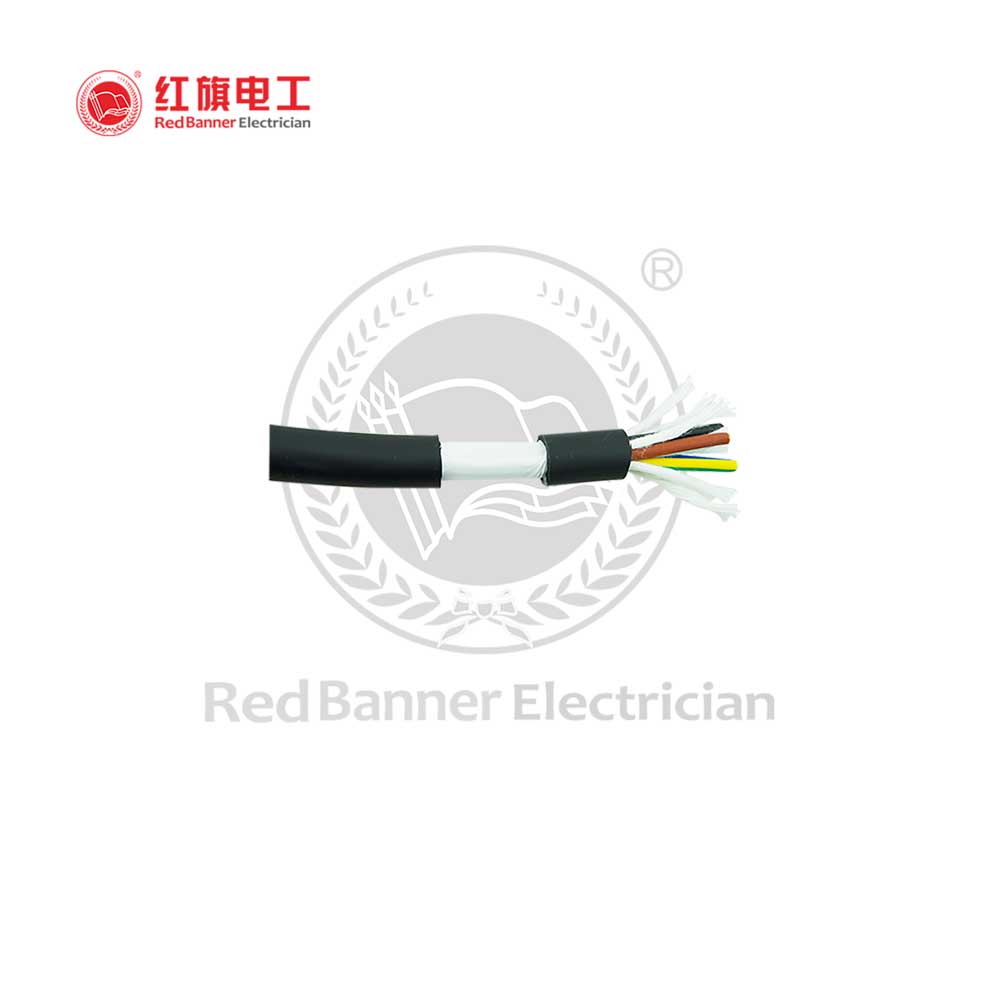

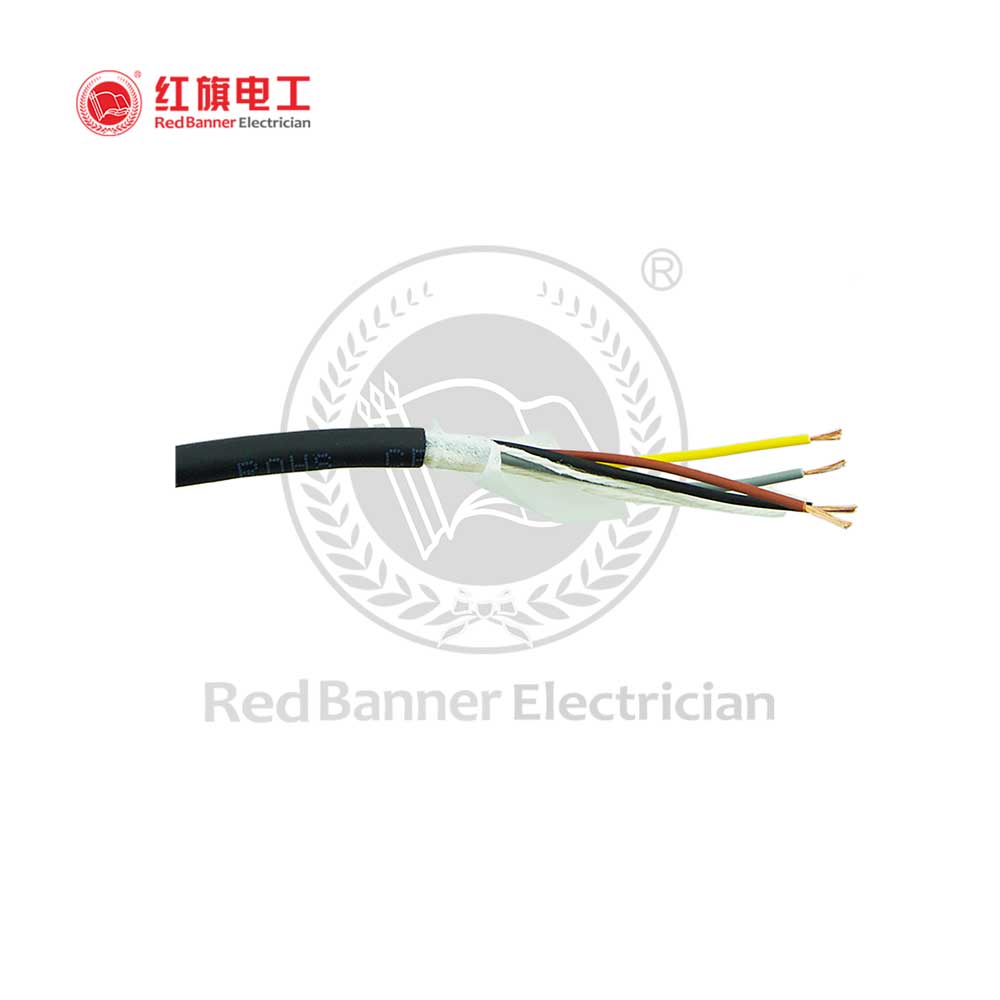

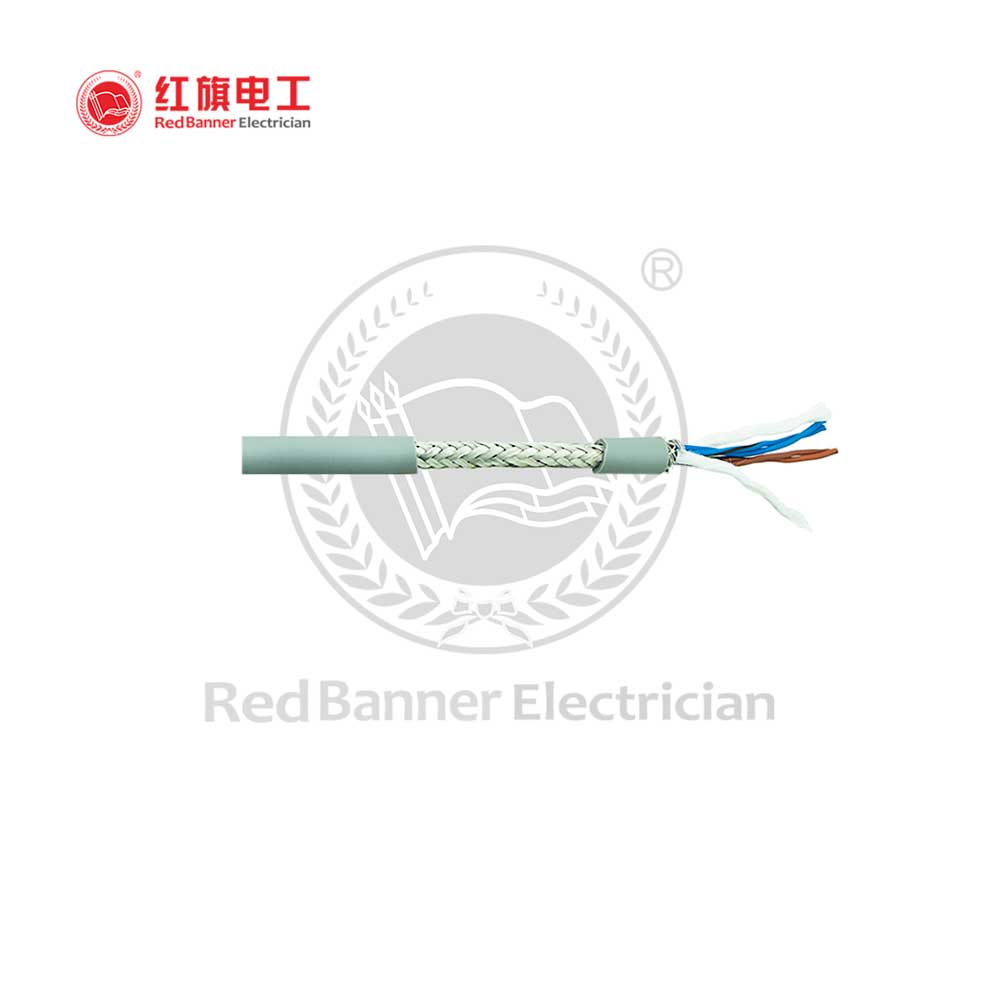

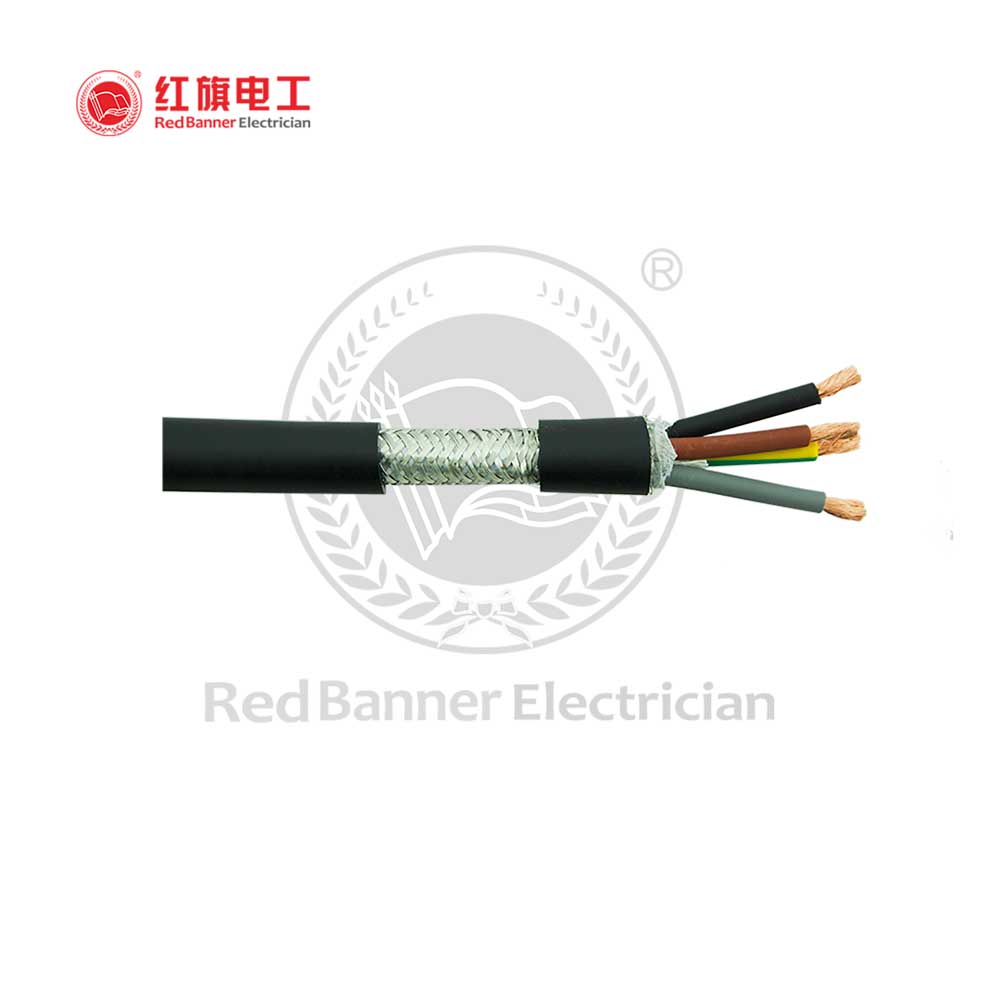

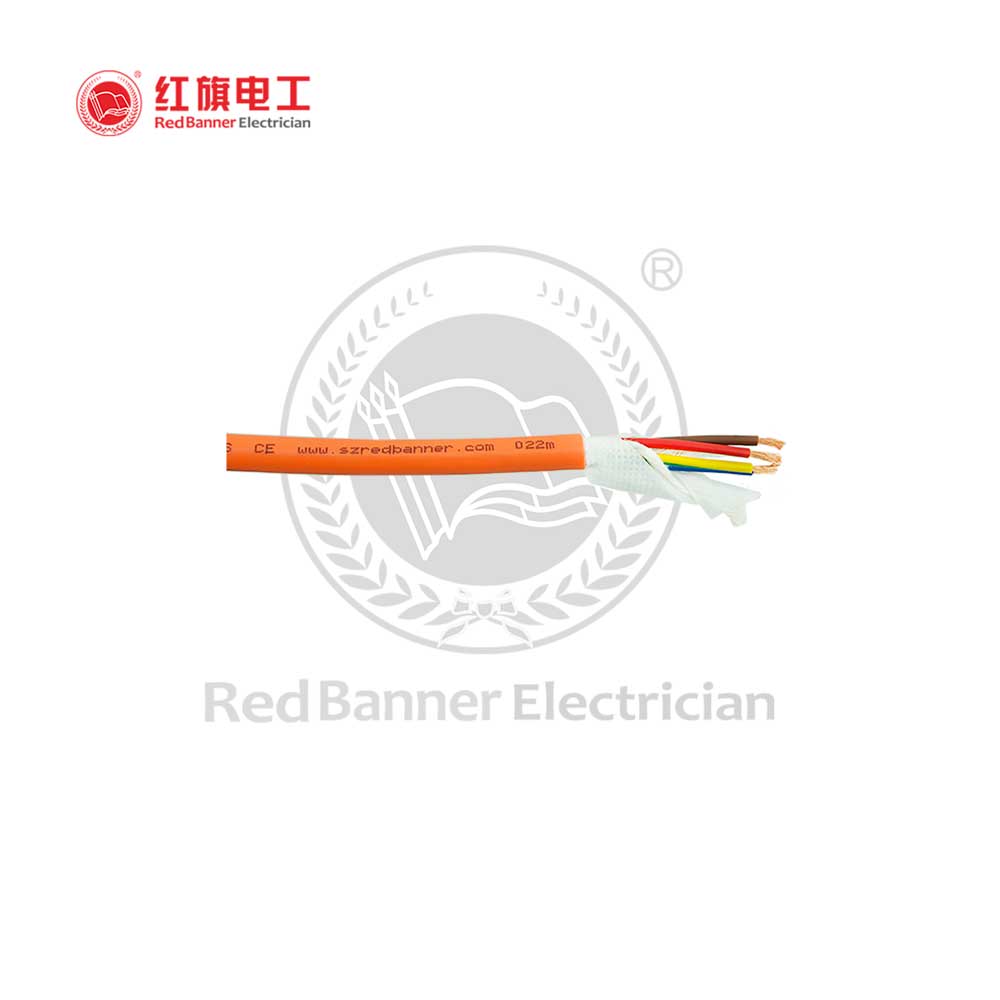

 Tel
Tel
 Email
Email
 Address
Address









